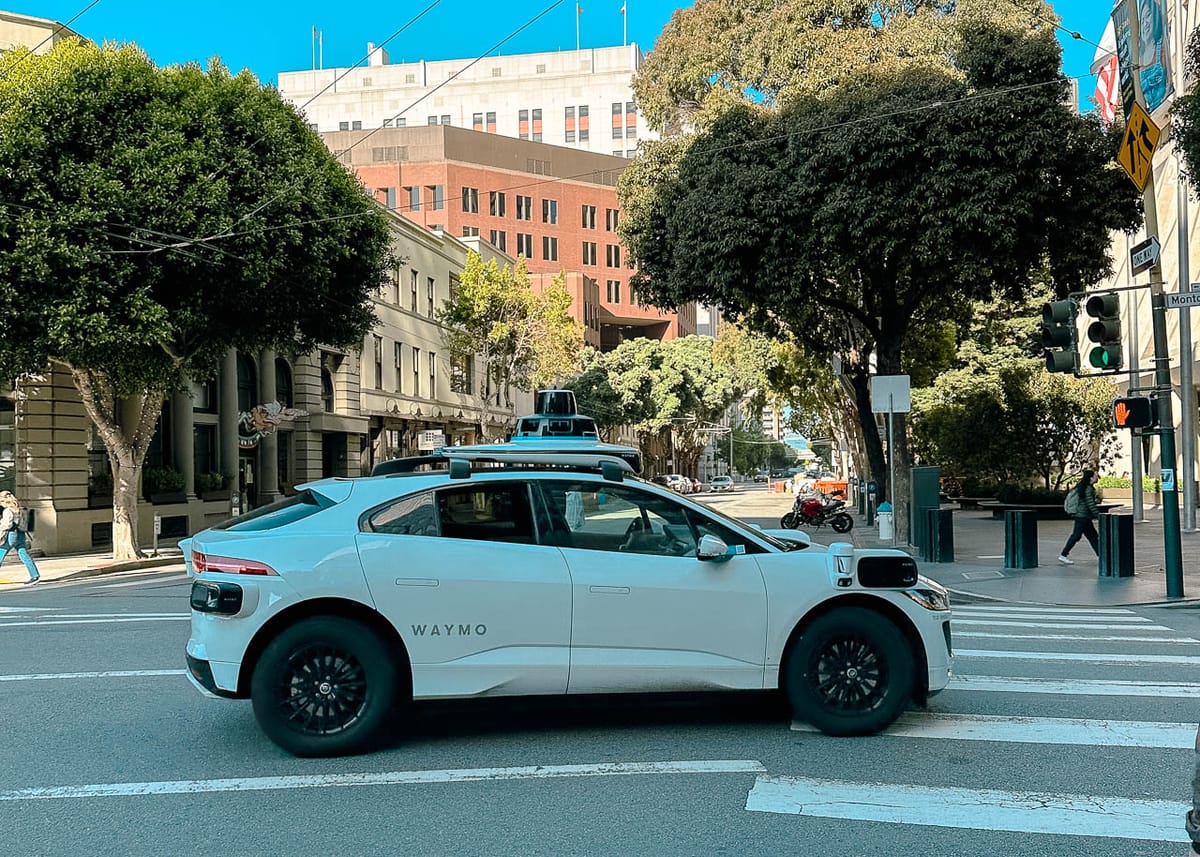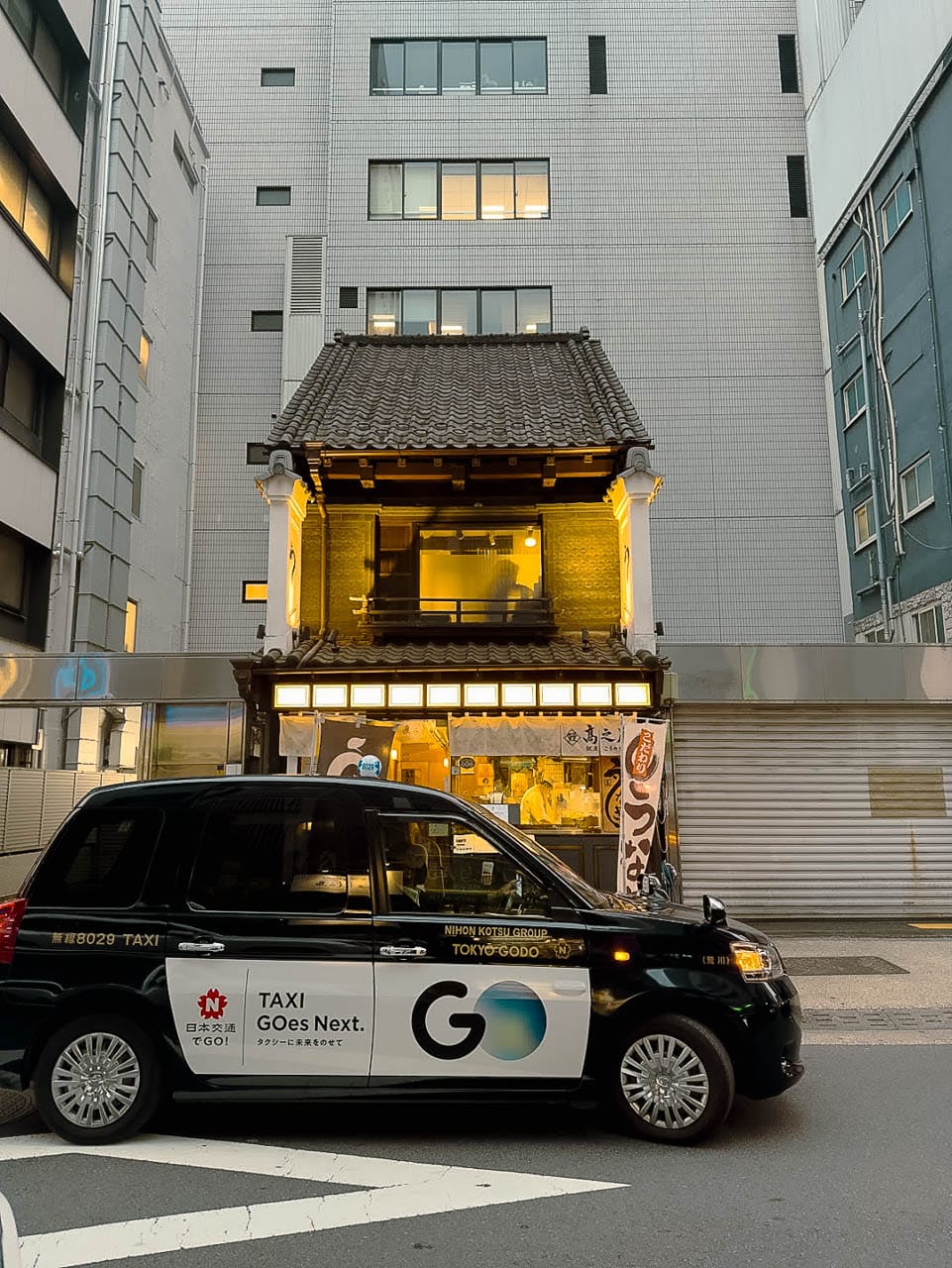Ridesharing Used to Be Better—Or Maybe I Just Miss the Good Old Days
Ridesharing used to be better. Cleaner cars, polite drivers, and reliable service weren’t too much to ask for—until they were. Now, we’re stuck with cancellations, worn-out cars, and rising prices. Is there hope for better transportation? I think so.

We are back from our short trip to New York City. My wife and I spent four days with our daughter, our son, and their partners to be close to them after the loss of our daughter’s bulldog, Puma. We’ll remember this chubby boy with love—he will be missed.
Traveling across the country is surprisingly simple when you’ve done it multiple times. We’re pretty good at packing, moving through airports, and getting a cab or rideshare from Uber or Lyft. After years of traveling and moving between states, I’ve seen our infrastructure improve in some areas while deteriorating in others.
Do you remember your first Uber ride? They only used cars in good condition, drivers were polite (mostly), and the price was better than a cab or other alternatives. That’s not the case anymore. Now that we’re “addicted”—or dependent—on these services, they take us, the customers, for granted.
For years, I’ve been loyal to Delta whenever a Delta flight is available for my destination. I don’t even check other airlines’ prices—I go straight to Delta’s website and book a flight. I believe this loyalty has paid off over time. What I pay for flights is comparable to what other airlines charge, but because of my status with Delta, I enjoy benefits that save me money, time, and frustration. That is not true with Uber, Lyft, or public transportation in the U.S.
Have you ever taken the subway in Singapore or a cab in Tokyo? The experience is superb, and public transportation in the U.S. doesn’t compare. I know there are premium services—Uber Black, Lyft Lux, and other private driver options—but I’m talking about standard subway, cab, and rideshare services in advanced countries.
When was the last time you got into an Uber and thought, ‘Wow, this is nice’? Yeah, me neither. Last summer, we spent a few days in San Francisco and used the Waymo One service. It was superb—far better than any other rideshare service I’ve used. You request a car, and when it arrives, it greets you. It automatically plays music at a reasonable level (which you can adjust). The cars are clean, smell good, and drive smoothly. These are self-driving cars—no driver talking loudly on the phone, blasting music, or ignoring traffic laws. Just you and a clean, quiet ride. And the cost? It is comparable to Uber or Lyft but has a far superior experience.
Let’s talk about Tokyo’s Ubers, Lyfts, and cabs. First, all cars in Tokyo are pristine. This is due to strict car inspection systems and a culture that values cleanliness. At the very least, you can expect a clean car, inside and out. Second, the drivers are incredibly polite—many even wear gloves. It feels more like a private driver experience.

When my family and I visited Tokyo last summer, there were five of us, so we booked an Uber XL. In the U.S., when we do this, we often get a medium-sized SUV. Sometimes, the third-row seats aren’t even accessible because the driver has personal items stored there. It’s frustrating. Every Uber XL we called in Tokyo was a spacious minivan with plenty of room, and getting in and out was effortless.
These days, every time I get an Uber or Lyft, I worry about the car’s reliability—and, honestly, the driver, too. Some rides are excellent—clean cars, polite drivers—but most of the time, my experience goes like this:
- Call an Uber or Lyft. It takes a while.
- The driver cancels. The app scrambles to find another one.
- The car finally arrives. The driver is talking on the phone—sometimes on speaker.
- The car has seen better days. It smells. The seat belts don’t work.
I understand premium options exist, but is there no middle ground where basic cleanliness and reliability are expected? The answer seems to be no. These companies know we’re dependent on them, and they don’t care anymore.
Sometimes, taking a taxi is the better option—especially for airport transfers, where there’s often a flat rate. Taxis are also more standardized in terms of vehicle quality and maintenance. They’re okay for what they are, and in many cases, the experience might be better than an Uber or Lyft. The downside? With a cab, you don’t know the driver, there are no reviews, and you don’t know how much you’ll pay if they use a meter.
I like the idea of public transportation and reducing private car use, but as a country, we’re just not there yet. Capitalism is probably to blame—companies like Uber and Lyft provide excellent service to get us hooked when they’re starting out. However, once they establish themselves, quality declines while costs rise. Their business model is simple: give you less for more.
I hope services like Waymo One expand across the country. They will take business away from Uber and Lyft, and I can’t wait.
Happy Friday!
